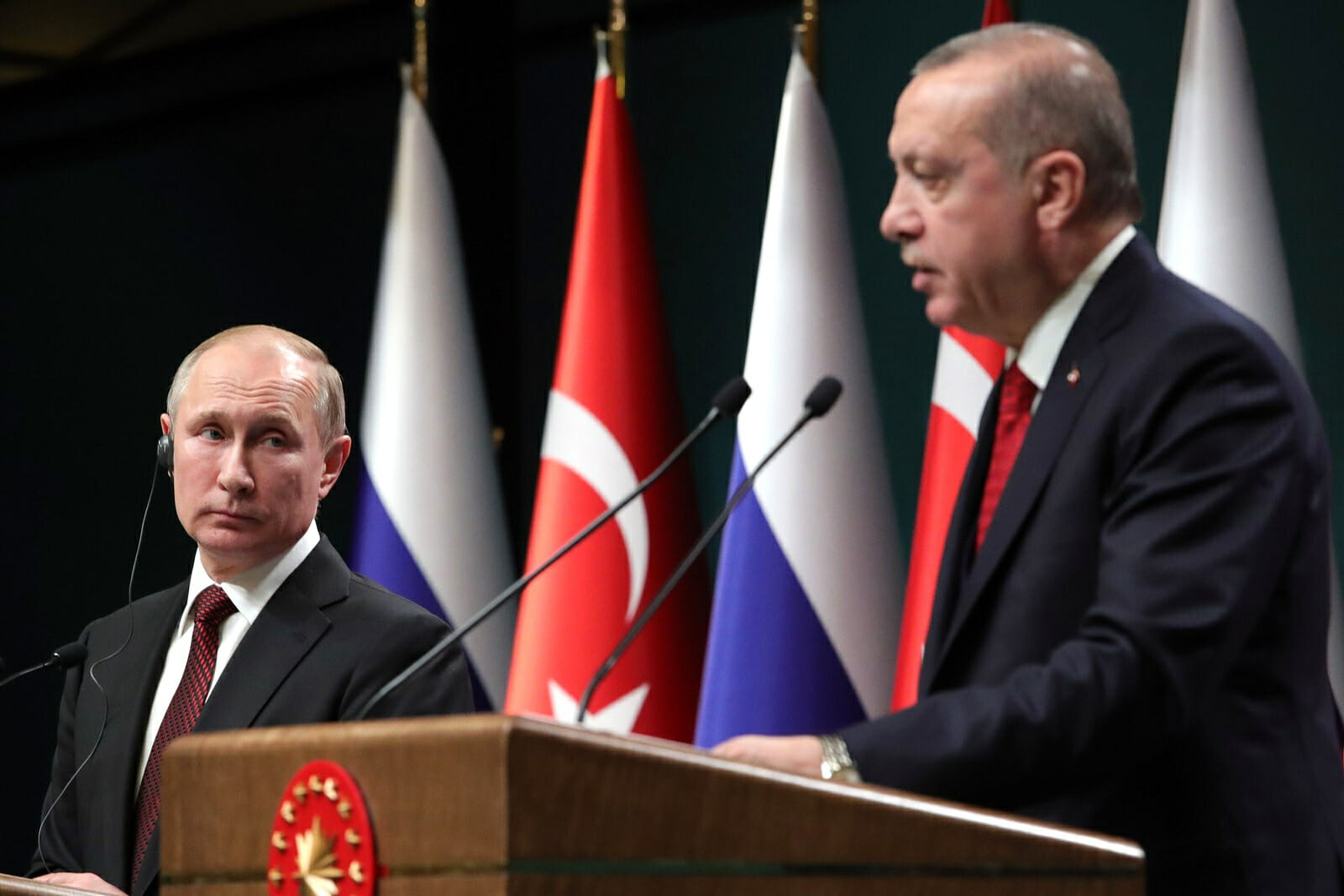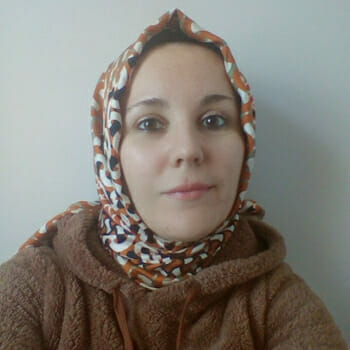
What Vladimir Putin and Recep Tayyip Erdogan Share in Common
There are quite a few similarities between Russian President Vladimir Putin and Turkish President Recep Tayyip Erdogan. Both are charismatic and ambitious, but more ominously, both are autocratic.
Erdogan gained popularity in the mid-1990s when he served as the mayor of Istanbul. After a coup in 1997, when the Islamist government was forced from power, Erdogan embraced a moderate form of secularism and formed the Justice and Development Party in 2001. Since 2002, Erdogan’s AKP has enjoyed single-party rule and Erdogan has served as president since 2014. He previously served as prime minister from 2003 to 2014.
In contrast, Vladimir Putin is an ex-KGB officer. He served as president from 1999 to 2008 and then again from 2012 until now. He previously served as prime minister from 2008 to 2012. In the March 2000 elections, he received about 53 percent of the vote when he adopted a platform to put an end to corruption and create a strong market economy.
During Putin’s reign, Russia has increased its role on the global stage in a remarkable way. Russia has used the advantages of being a member of the UN Security Council but it has also acted as a foil for the United States.
Political analyst Tatiana Stanovaya has written, “Putin’s original success was rooted in his regime’s ability to deliver steady improvements in living standards while inspiring Russians with exploits on the world stage. Now the regime is ruling largely by scaring people.”
It is clear that Turkey is also governing through fear. As a recent example, police used heavy-handed tactics in quelling a protest at Istanbul’s Boğaziçi University after Erdogan’s government appointed a party loyalist as an outside rector. Several protesters were detained. Since the attempted and ultimately failed coup in 2016, Turkish citizens and experts on Turkey have stressed that Turkey has become a de facto police state.
In addition to using fear as a basis for rule domestically, both Putin and Erdogan justify their policies through the rhetoric of a “great nation” and through the vilification of the West. Both leaders have adopted religious rhetoric – Sunni Islam by Erdogan and, Russian Orthodoxy by Putin – to empower and prolong their rule.
Both Putin and Erdogan have faced similar mass uprisings to their rule. Russia saw major protests in 2011 and in response, Putin launched sweeping crackdowns against the protesters. In Turkey, in 2013, the Gezi Park protesters were silenced with police force with thousands of people being detained and prosecuted.
In terms of online freedoms, both countries exercise extensive censorship. For instance, with regards to digital censorship, in late 2020, Russia proposed a new draft law providing the basis for censoring information of public importance. In a similar vein, Turkey has decided to introduce new laws to control social media which will greatly increase online censorship. A report prepared by Prof. Yaman Akdeniz, notes that access to a total of 408,494 websites in Turkey was blocked in 2019.
In terms of domestic political structure, there are some divergences. Under Putin’s rule, there is a heavy authoritarian system, and elections are used as a tool for Kremlin decisions. In Erdogan’s case, electoral legitimacy matters, and despite having many flaws, the Turkish political system is more competitive than that Russia’s.
In the end, what these two leaders share is a vision for their respective countries that solely rely on them perched at the top. This is also problematic given that neither has groomed a successor. Should either step down or suddenly die in office, what would ensue would be political and economic chaos.

